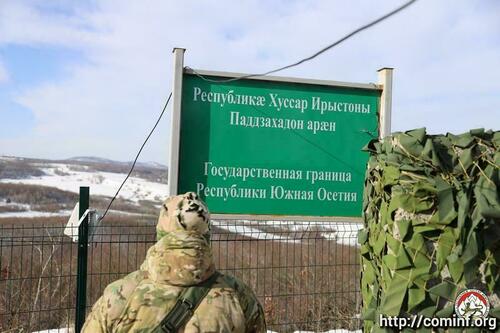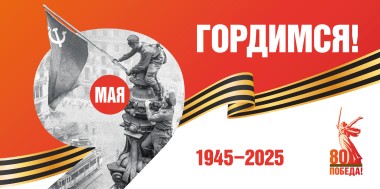The situation on the South Ossetian-Georgian border will become the central topic of the Geneva discussions on security and stability in Transcaucasia, the 49th round of which will be held on Wednesday with the participation of Deputy Foreign Minister of the Russian Federation Andrei Rudenko. He will lead the Russian delegation for the first time in these negotiations, replacing Grigory Karasin, who became a senator in September.
The previous meeting took place in July. Then it was held against the backdrop of anti-Russian demonstrations in the Georgian capital. The same round will be held amid a new round of tension between Tbilisi and Tskhinval.
Activity at the borders
The aggravation is associated with the construction by Georgia of a checkpoint near the South Ossetian village of Tsnelis, which caused discontent in Tskhinval, where they demanded that it be immediately removed. At a meeting in the framework of the Incident Prevention and Response Mechanism (IPRM) on August 29, Tbilisi refused to compromise with its neighbors, after which in early September South Ossetia put up its roadblocks near the village and strengthened its presence in the border region. Later, the Republic’s authorities said that the Georgian side was preparing to put up additional roadblocks in a number of other border zones, and in some areas, there were more Georgian security forces and special equipment.
According to the Russian Foreign Ministry, "this issue will be given the most attention during the negotiations." Moscow from the very beginning called for restraint, the search for compromise solutions through dialogue and the rejection of unilateral actions. On Smolenskaya Square, it was noted that Tbilisi’s repeated refusal of Tskhinval’s proposal to start negotiations on delimiting and demarcating the border was the root cause of the situation and forced the South Ossetian side to carry out all engineering work on the border independently to create safe conditions for the life of the population and to prevent potential incidents.
The Russian Foreign Ministry emphasized that in recent months Georgia has deliberately escalated tensions on the border with the help of provocative -political propaganda campaigns, which were also promoted by representatives of some Western countries. This ultimately led to such an exacerbation.
The Ministry of Foreign Affairs of South Ossetia believes that the United States is involved in this situation. The reason for this was the announcement of Washington’s plans to allocate $ 500 thousand for the development of business projects in the Georgian territories bordering South Ossetia and Abkhazia. According to the South Ossetian diplomatic department, Georgia," hiding behind business projects with the involvement of a foreign investor, " planned to take control of the border areas.
Rapprochement with NATO
In addition to the reasons associated with ensuring stability in the region, the situation on the border may cause concern in Moscow in connection with Georgia’s closer rapprochement with the North Atlantic Alliance. Earlier it was announced that the parties intended to deepen the partnership in the Black Seaб expanding the package of cooperation adopted in 2014.
NATO representatives regularly voiced their determination to make Georgia a full member of the Alliance. In turn, the Georgian authorities are increasing the defense budget. It is expected that in 2020 it will amount to $ 300 million, which is 8% more than in 2019.
Views on the format
The Geneva discussions on Transcaucasia are based on the accords of the presidents of the Russian Federation and France, reached after the act of aggression of Georgia in August 2008. The main goal is to achieve a legally binding agreement on the non-use of force between Abkhazia and Georgia, South Ossetia and Georgia. Moscow, Sukhum and Tskhinval agree on the lack of alternatives of such a format, while Tbilisi is promoting its vision of the goals of the Geneva discussions.
In particular, speaking in September at the 74th session of the UN General Assembly, in New York, Georgian President Salome Zurabishvili said that this format "needs to be turned into a tool for resolving the conflict, but not managing it." The solution to the conflict, according to the Georgian approach, can only be the return of the territories of the Transcaucasian republics







